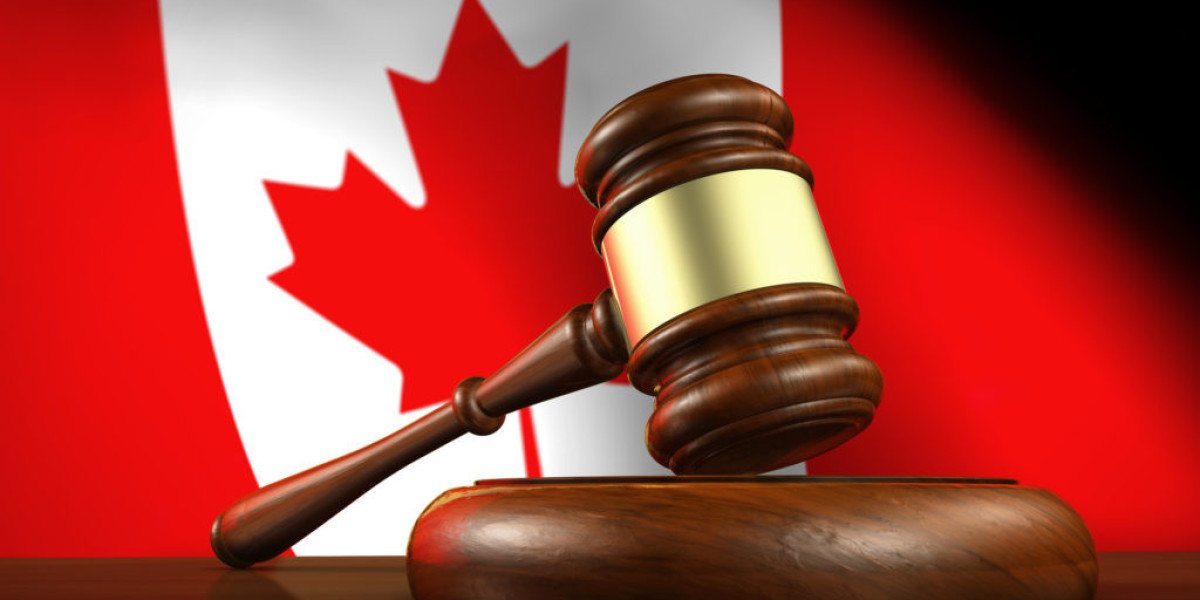Being denied refugee status can feel like the end of the road—but it’s not. Many refugee claimants successfully challenge denied decisions through legal avenues such as appeals or judicial reviews. However, this process is highly technical and time-sensitive, which is why working with a refugee lawyer is crucial. A skilled lawyer not only increases your chances of success but also ensures your legal rights are protected every step of the way.
In this article, we’ll explore how a refugee lawyer can help you appeal a denied claim and navigate the complex process of challenging an unfavorable decision.
Why Refugee Claims Get Denied
Before diving into the appeal process, it’s important to understand why claims are often refused. Common reasons include:
Lack of credible or consistent testimony
Insufficient documentation to support the claim
Failure to meet the legal definition of a refugee
Errors or misunderstandings by the immigration board
Missed deadlines or procedural mistakes
A refugee lawyer will review the denial in detail and determine whether you have valid grounds to appeal or seek a review.
Types of Appeals and Reviews
Depending on your country and legal situation, a refugee lawyer may assist you with one or more of the following options:
1. Refugee Appeal Division (RAD) – Canada
If you’re in Canada, you may be eligible to appeal the decision to the Refugee Appeal Division of the Immigration and Refugee Board (IRB). A refugee lawyer can:
File the notice of appeal on time
Draft and submit a strong legal argument
Highlight factual errors or misinterpretations in the original decision
Present new evidence, if applicable
2. Judicial Review – Federal Court
If an appeal is not available or has failed, your lawyer can request a judicial review in Federal Court. They’ll:
Analyze whether there was a legal or procedural error
File an application for leave (permission to proceed)
Draft legal submissions
Represent you in court hearings (if leave is granted)
Note: This process focuses on the fairness and legality of the decision-making, not re-arguing the facts of your case.
3. Pre-Removal Risk Assessment (PRRA)
If you're facing deportation, your lawyer may help you apply for a PRRA to prove that returning to your country would expose you to danger, torture, or persecution.
How a Refugee Lawyer Helps With the Appeal Process
✅ 1. Case Assessment
Your lawyer begins by reviewing the refusal letter in detail. They analyze:
The reasoning behind the decision
Any gaps in your original claim
Possibility of legal or factual errors
Eligibility for appeal or judicial review
✅ 2. Gathering Evidence
A refugee lawyer helps identify and obtain:
Missing documents or new evidence
Expert opinions (e.g., country conditions reports, psychological evaluations)
Witness statements that strengthen your credibility
✅ 3. Drafting Legal Arguments
Writing a strong appeal requires more than just disagreeing with the decision. Your lawyer will:
Use precise legal language
Cite relevant laws, precedents, and international human rights standards
Argue that the original decision-maker erred in law or fact
✅ 4. Meeting Strict Deadlines
Appeals and reviews are subject to very short deadlines—often within 15 to 30 days of receiving the decision. A lawyer ensures:
Your documents are submitted on time
Your appeal is not dismissed on procedural grounds
✅ 5. Representing You in Court or Tribunals
If the case proceeds to a hearing, your refugee lawyer will:
Prepare you for questioning
Argue your case effectively
Respond to challenges from government lawyers or tribunal members
What Happens If You Don’t Hire a Lawyer?
While self-representation is possible, it is extremely risky, especially during appeals. Without legal expertise, you may:
Miss key deadlines
Use weak or irrelevant arguments
Fail to recognize legal errors in the original decision
Struggle to present your case convincingly under pressure
Statistics show that claimants with legal representation have significantly higher success rates in appeals and reviews.
Next Steps After a Denial
Act quickly: Time is limited.
Contact a refugee lawyer immediately.
Gather your documents and original refusal letter.
Follow your lawyer’s advice to prepare for appeal or review.
Conclusion
Being denied refugee protection is stressful, but it's not the end. With the right legal support, you may still have a strong chance of staying in your new country. Refugee lawyer Toronto is your best ally in appealing a denied claim. They bring experience, strategy, and a deep understanding of immigration law to your case—giving you the best opportunity to overturn the decision and build a safe future.








